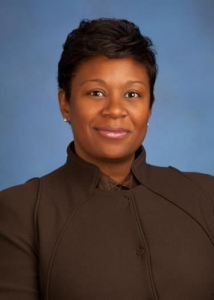 By Melissa J. Anderson (New York City)
By Melissa J. Anderson (New York City)
“I wish I could say I had a grand plan about forming my own company,” said Kathleen McQuiggan, Principal of Catalina Leadership, with a laugh. “But I started as an entry level sales assistant at an investment banking firm. And I had this notion of making a bet on people and always following my gut.”
McQuiggan spent six and a half years at the investment bank Alex. Brown, where she started her career, before she was recruited to Goldman Sachs. She rose to become a top quartile vice president in institutional sales at the firm, before striking out on her own.
“It was about me driving things versus letting other things drive me,” she explained. “I founded Catalina Leadership two years ago. I had had a successful career and I was ready for my next adventure. I wanted to leverage what I had learned in my 20 years in financial services sales with a passion for helping women advance their careers and helping companies realize the value of diversity.”
Catalina Leadership is focused on helping companies invest in women. She continued, “Starting my own business was never an avenue I thought I would go down. I’ve learned a lot and been challenged in ways I haven’t been challenged before.”
Currently McQuiggan is retained by PAX World Fund Management to work with them on their strategy for gender equality as an investment concept and building out their practice management Women & Wealth Initiative, which helps financial advisors work better with women clients.

 By Melissa J. Anderson (New York City)
By Melissa J. Anderson (New York City) By Hua Wang (Kansas City)
By Hua Wang (Kansas City) By Melissa J. Anderson (New York City)
By Melissa J. Anderson (New York City) By Melissa J. Anderson (New York City)
By Melissa J. Anderson (New York City) By Sophie Fletcher (Chicago)
By Sophie Fletcher (Chicago)
 By Melissa J. Anderson (New York City)
By Melissa J. Anderson (New York City) By Melissa J. Anderson (New York City)
By Melissa J. Anderson (New York City) By Melissa J. Anderson (New York City)
By Melissa J. Anderson (New York City)